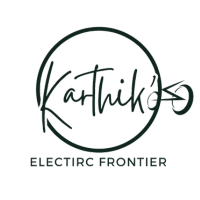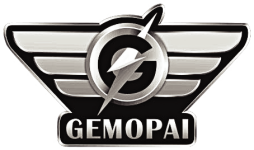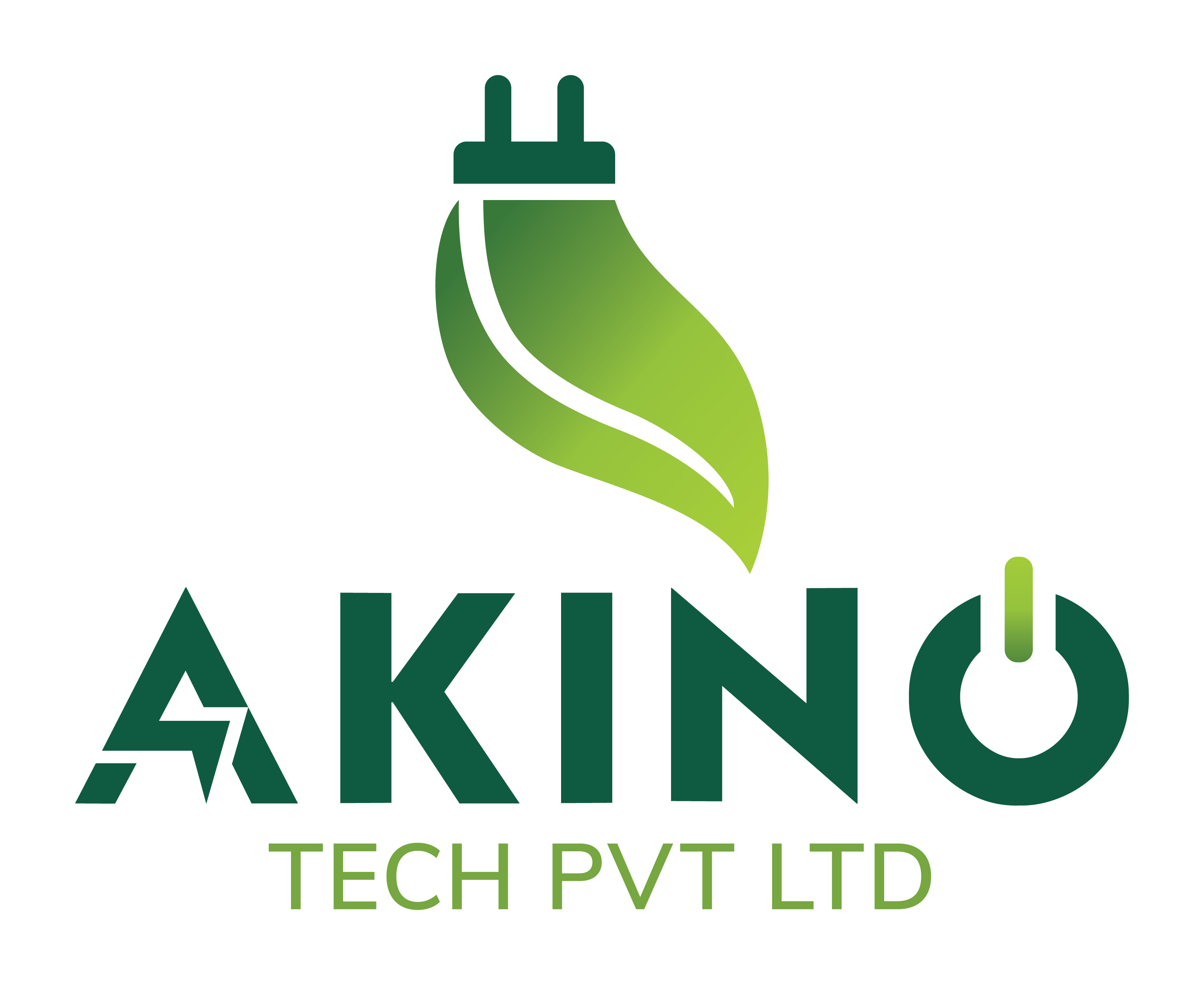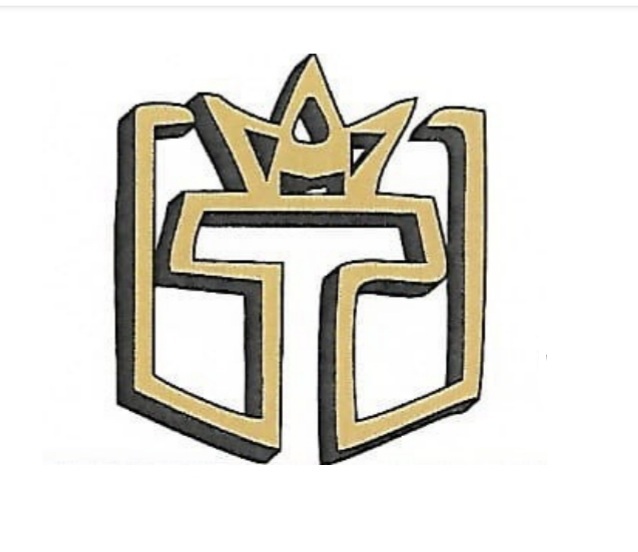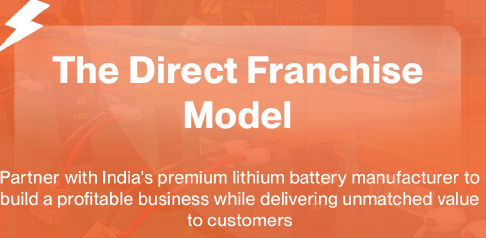Find EV EVSE course
Lithium-ion battery market at your city
Opportunities for the lithium-ion battery business in and around Asansol include electric vehicle (EV) battery solutions, renewable energy storage systems, and battery servicing and recycling, driven by rising demand for EVs and sustainable energy.
As the demand for EVs in India rises, there is a growing market for selling EV batteries and setting up charging infrastructure. You can provide repair, maintenance, and recharge services for EV batteries, a growing need as more EVs are deployed.
The best online electric vehicle (EV) course provide "Academy of EV Technology (AEVT)" for working professionals include the Certificate Programme on eMobility. For business owners, the best electric vehicle (EV) online courses are those focused on business management and practical skills for the EV market, such as the AEVT "EV Technology and Business Management" or "Lithium-ion Battery Assembly Line for battery production" that provide a solid foundation in EV technology, business, and management.
For a battery company, EV dealers, sellers the best online courses focus on advanced battery technology, such as the "Lithium-ion Battery Assembly Line for battery production" which covers electrochemical cells, battery materials, and industrial applications, or courses on Battery Management Systems (BMS) offered by "Academy of EV Technology (AEVT)".
Solar Energy and Lithium Batteries Courses
Solar Energy and Lithium Batteries Courses at Institute of Solar Technology (https://istindia.org ) and Academy of EV Technology (https://aevt.org ) cover practical assembly, business management, and system design, with options for online and offline learning, and cover topics from basic cell selection to complex pack assembly and ROI calculation.Institute of Solar Technology (https://istindia.org ) and Academy of EV Technology (https://aevt.org ) offer specialized courses for both technicians and entrepreneurs interested in the growing solar and battery industry.
Ev Charging Station Course
Business/Entrepreneurial Courses:Guide individuals on how to start and manage an EV charging station business, covering market trends, business opportunities, and necessary infrastructure.
Ev Charging Station Course
Advance Courses Available
Solar Application Li-ion Battery Manufacturing Course , Focuses on the practical setup of battery assembly lines, covering cell selection, testing, module assembly, and business planning such as costing and investment.PV Technology and Business Management (Online), Targets individuals interested in starting businesses in the solar sector, covering technical aspects and business management.
Solar Project Design Master Course (Online), Aimed at engineers, focusing on designing solar projects.
Li-ion Battery Pack Assembly (Online), Provides detailed instructions on how to assemble lithium-ion battery packs.
Free Training / Courses
The Indian government provides a wide range of free government training and courses.
We are processing a variety of online courses in e-mobility and related fields, including vocational training, battery assembly, and EV business management
government free or low-cost EV training programs. Some courses require basic knowledge, while others are open to anyone.
Update will publish soon. Please visit our site frequently to get update.
Electric vehicle (EV) industry
All-electric vehicles (EVs), also referred to as battery electric vehicles, use a battery pack to store the electrical energy that powers the motor. EV batteries are charged by plugging the vehicle in to an electric power source.
The key components are
Battery : Which has the stored energy
Motors : Which converts this into rotational energy for mobility.
Controller : Is an electronic hardware device +software which works very closely with the motor and is usually bundled with. A motor controller might include a manual or automatic means for starting and stopping the motor, selecting forward or reverse rotation, selecting and regulating the speed, regulating or limiting the torque, and protecting against overloads and electrical faults.
The motor of an electric car converts the current from the battery into mechanical energy. This is done by a fixed magnetic part (stator) and a moving part (rotor) that is made magnetic by electricity. If two positive poles are facing each other due to the electrical charge, they repel each other - and the moving part of the electric motor rotates.
Electric motors develop similar torque at low as well as at high speeds. Theoretically, therefore, a rigid connection between the motor and the drive shaft would suffice for them. In practice, however, an input gearbox is usually used as a so-called reduction gear, which reduces the speed of the motor by a factor of about 1:10.
The motor of an electric car consists of two electromagnets - stator and rotor. The stator is immobile and generates a constant magnetic field with the help of direct current. The rotor is rotatable and produces its magnetic field with alternating current. The two magnets alternately attract and repel each other. The rotor rotates - and thus sets the car in motion.
The inverter is also called a converter. This is because it has the task of converting the 3-phase AC voltage of the electric motor into a DC voltage for charging the battery when braking. Conversely, when the electric motor is driven, the battery's DC voltage is converted into a 3-phase AC voltage.
Lithium-ion batteries are the heart of our electric cars. They are particularly powerful and have the highest energy density compared to other batteries. This means that they can store the most energy per kilogram of battery. Lithium-ion batteries have numerous advantages: due to their compact size, more individual lithium-ion batteries fit in your Opel electric car. So you can travel further. They also require less energy to cool the vehicle battery to its optimal operating temperature.
Also good to know: our batteries are not affected by the so-called "memory effect". You can recharge your electric vehicle battery as often as you like - even through mobile fast charging - without any loss of performance.
Independent studies estimate that you can drive 250,000, even up to 500,000 km with the battery of an electric car1. The durability of our batteries is therefore probably on a par with that of our combustion engines. That's why we give an 8-year guarantee on our electric car batteries, or 160,000 km of driving.
Online courses for working professionals
The major guidelines proposed by this department - The minimum requirement for installation of a public charging station must include exclusive transformer, 33/11 kV lines, proper civil works, and appropriate liquid cooled cables. Moreover, the public charging stations must be tested by respective authorities before operation.
The availability of suitable charging sites is great concerned. The estimate of EV supply hardware essential at assorted kinds of areas is proposed dependent on a charging technique. Both convenience and physical concerns should be considered for effective charging stations.
Keeping the above mentioned opportunities in the EV market, AEVT has designed Entrepreneurship Development Programme on Electric Vehicle Charging Station so as to provide overview of the EV ecosystem and the systematic approach on planning, and execution of EV charging infrastructure.
Solar Power EV Charging Station
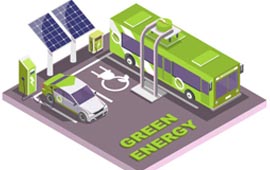
Solar Power Electric Vehicle Charging Station
Course Overview:
Solar charging stations for electric vehicles have emerged as one of the best ways to reduce India’s dependence on fossil fuels. Nearly everyone who owns an Electric vehicle will install a solar charging station in their home. Solar-powered EV charging stations are the solution to bring that percentage down to zero.Course Outcome:
Solar Power EV Charging Station (Design and Development) Program is a master program that takes an Engineer, designe engineer, installer from site assessment, all the way through power-up and pinpointing. Installers who take this knowledge will have all the information needed to efficiently and accurately assess, design and install charging stations.Today's Offer: FLAT 18% discount for online Session
In 'white gold' rush, India kick-starts talks with lithium-rich nations
Jammu and Kashmir's reserve might be present with a large amount of lithium, but the current amount is insufficient to match with the world's top reserves of Lithium. For India to become self-reliant in the field of solar energy storage and EV manufacturing without being dependent on China for EV battery supplies, it is important to own more such Lithium reserves and enhance its presence in overseas lithium mines. Solar lighting system operates on electricity from batteries, charged through the use of solar photovoltaic panels. It is composed of a battery, solar panel, LED lamp, and charge controller. The stored energy is collected in a rechargeable Lithium-ion battery used later to produce lighting at night. The rapid infrastructure development in all sectors of India is pushing local solar light manufacturers to compete and deliver innovative solar lighting products at low prices to increase their presence in the market.
Lithium-ion Battery pack assembly
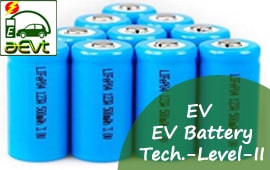
Techno Commercial knowledge to setup Lithium-ion battery assembly line for solar application, energy storage and EV 2W, 3W etc.
Practical skills - cell sellection, cell IR testing, cell balancing, charge discharge testing, module & pack assembling, enclosure selection, all machinery selection, assembly line planning and layout drawing, costing of assembly line, working capital, investment, ROI, business projection making, different product design.
Course Outcome:
Get the knowledge of Lithium-ion cell parameters, Cell Chemistry, Cell Architecture, Thermal Management, BMS and battery pack assembly technical and commercial detail before setup assembly line.
Today's Offer: FLAT 18% discount for online session
MINISTRY OF ROAD TRANSPORT AND HIGHWAYS
NOTIFICATION
New Delhi, the 11th November, 2025
All E-rickshaw or E-cart manufactured on or after the 1st day of April, 2027 shall be fitted with lithium-ion battery packs and the performance requirements of the same shall be as per AIS-156 (Part 1) and (Part 2), as amended from time to time.”.
EV Lithium-ion Battery Repair and Maintenance
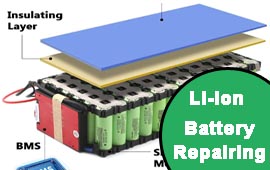
Course Overview:
Electric cars are becoming increasingly popular, and with that comes the need for high-quality battery repair centers. By repairing batteries, they are able to extend the lifespan of batteries considerably.The average electric vehicle lithium-ion battery can retain up to 70% of its charging capacity after being removed. The business proposition for second-life batteries is therefore intuitive The second life market looks set to boom in the coming years as EV uptake grows.
Course Outcome:
Get the knowledge of Lithium-ion cell parameters, Cell Chemistry, Cell Architecture, Thermal Management, BMS and battery pack technical and commercial detail before start Repair shop.Today's Offer: FLAT 18% discount for online class
Quick Inquiry Form
Class Time / Slot
Online class Available slot for working professionals
Next batch Class will start from January - 2026
| Slot | IST Time | Status |
| 1 | 7:30 AM - 9:00 AM | |
| 2 | 10:30 AM - 12:00 Noon | |
| 3 | 3:00PM - 4:30PM | |
| 4 | 8:00 PM - 9:30PM |
| Slot | IST | WAT | SAST | EAT | KST |
| 1 | 7:30 AM | 3 AM | 4 AM | 5 AM | 10 AM |
| 2 | 10:30 AM | 6 AM | 7 AM | 8 AM | 1 PM |
| 3 | 3 PM | 10:30 AM | 11:30 AM | 12:30 PM | 5:30 PM |
| 4 | 8 PM | 3:30 PM | 4:30 PM | 5:30 PM | 10:30 PM |
4 Slot 4 batch each slot
Admission Going on for
EV Technology and Business Management - Techno Commercial Training (online)
Today's 18% Discount From:
January - 2026

Course Duration: 2 + 1 Months
EV Battery Pack Assembly Line Training (online)
Today's 18% Discount From:
January - 2026

Course Duration: 2 + 1 Months
Solar Power EV Charging Station (online)
Today's 18% Discount From:
January - 2026

Course Duration: 2 + 1 Months
Visit our Google Map












View all Job

